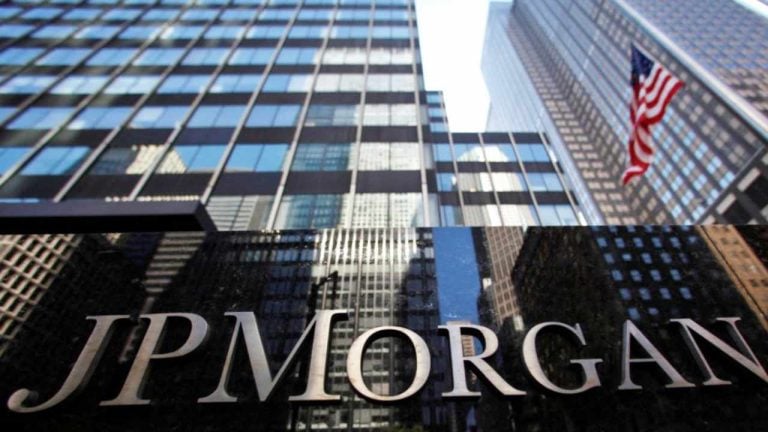
A strategist at global investment bank JPMorgan says crypto is effectively nonexistent as an asset class for most large institutional investors. “The volatility is too high, the lack of an intrinsic return that you can point to makes it very challenging,” he added.
JPMorgan on Institutional Crypto Investing
JPMorgan Asset Management’s head of institutional portfolio strategy, Jared Gross, discussed crypto and institutional investors’ interest in the asset class on Bloomberg Friday. The senior investment strategist described:
As an asset class, crypto is effectively nonexistent for most large institutional investors … The volatility is too high, the lack of an intrinsic return that you can point to makes it very challenging.
Gross added that it is “self-evident” that bitcoin has not proven itself to be a form of digital gold or haven asset like some have hoped. He continued:
Most institutional investors probably are breathing a sigh of relief that they didn’t jump into that market and are probably not going to be doing so anytime soon.
The crypto market has declined significantly this year as the Federal Reserve and other major central banks around the world raised interest rates to fight inflation. There have also been collapses and bankruptcies within the sector, including the most recent fallout of crypto exchange FTX.
Meanwhile, a growing number of banks and financial institutions are offering crypto products and services to their institutional clients. Investment giant State Street, for example, said in September that it sees unwaning demand for crypto assets from institutional investors. Nasdaq recently established a crypto unit called “Nasdaq Digital Assets,” citing increased demand among institutional investors.
Furthermore, a survey released in November by crypto exchange Coinbase showed that institutional investors increased their allocations during the crypto winter. The firm emphasized that there is “a strong signal of the acceptance of crypto as an asset class.” A study published by financial giant Fidelity in October showed that 74% of institutional investors surveyed plan to invest in digital assets.
What do you think about the JPMorgan strategist’s statement regarding institutional investors’ interest in crypto assets? Let us know in the comments section below.
















